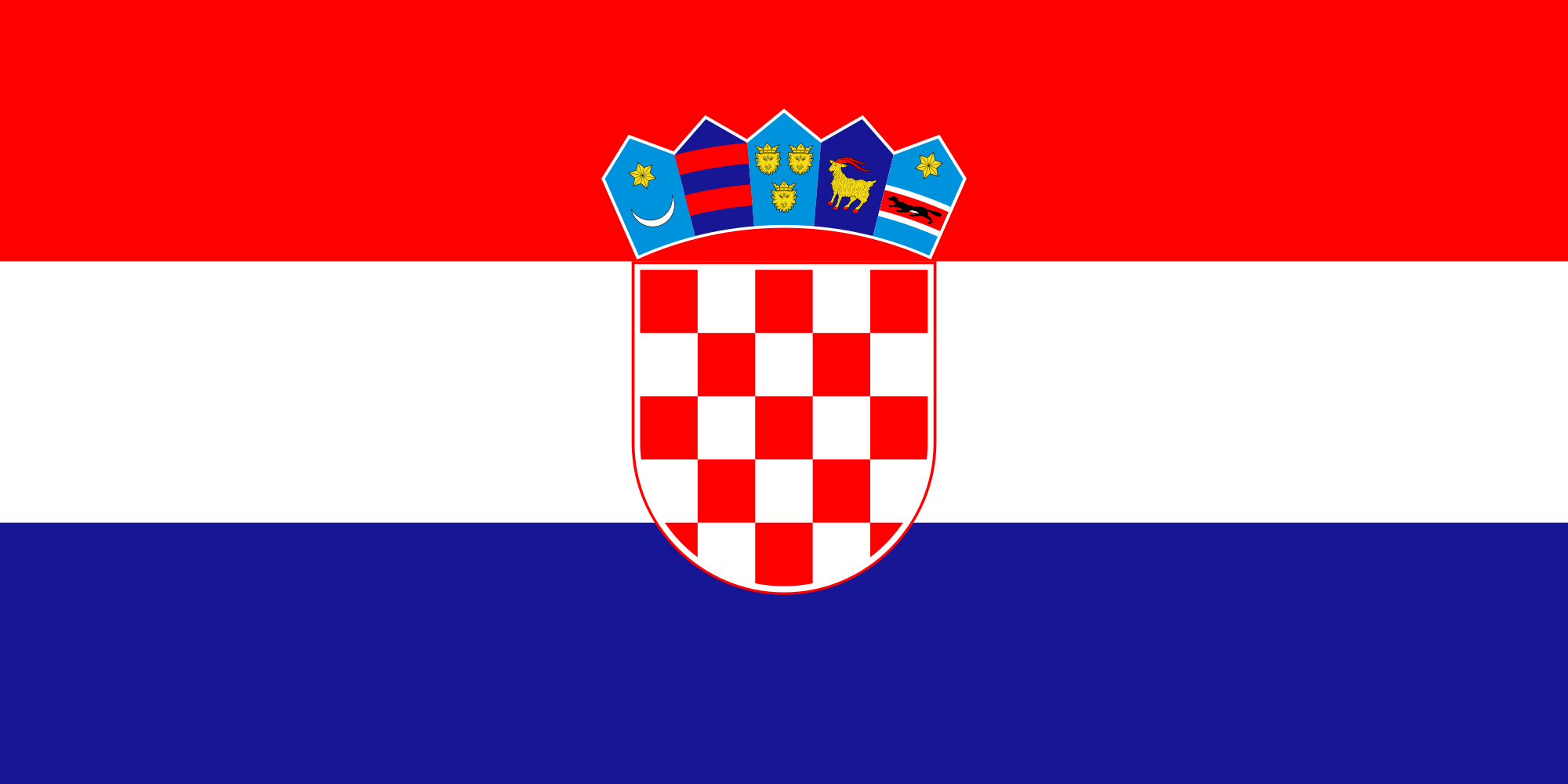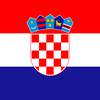clear
Challenges to civil society leadership in Croatia nowadays?
clear

source:
n/a
The greatest challenges to civil society leadership in Croatia are the political circumstances and the general state of society. Politicians often do not listen to suggestions of associations as well as other independent experts who could contribute to make better laws. Also, there are problems in the system of funding organizations from public sources: delay in tendering for the use of European funds. Organizations for people with disabilities, however, had problems because of lack of systematic funding. Delay in tendering or their non-compliance affects the sustainability of integration programme.
The laws that concern civil society are not conclusive, and the National Strategy for creating a stimulating environment for the development of the civil society 2017-2021 has been delayed for more than a year and has not yet been adopted.
In 2017 Croatia was on 74th place in the ranking of press freedom out of 180 seats. We see a narrowing of media’s freedom, political influence and control over them for what, in my opinion, are not to blame only the politicians, but also the media. In such a climate of civil society suffer.
These few examples of the challenges faced by leaders of civil organizations can be summed up as the lack of political will for more serious civil society engagement. There is also the problem of leaders’ and citizens’ mentality inherited from the era of communism: exclusivity. Relations with some of the civil society’s organizations/leaders are often not desirable nor acceptable, and this is best seen in the ideological issues. It makes civil society associations exclusive among themselves, and exclusion is never a solution but the cause of many problems. Collaboration and conversation always lead to the solution of every challenge, while division among leaders of society raises an unsatisfied and poor people.
 0
0
clear
 Marja Radić
6 years, 10 months ago
Marja Radić
6 years, 10 months ago
Challenges to civil society leadership in Croatia nowadays and looking 20 years back also are definetly political conditions of the state, and by that I primary mean large political divison on two parties, HDZ and SDP. Throughout history of independent Croatia these two parties are the only one that won elections by themselves or in the coalition. People in Croatia in general are not satisfied with the leadership of these two parties, and trust they once had in them is gradually declining. That is a problem because political leaders can't conduct their politics without the support of citizens, and civil society can't prosper if politicians are ''turning heads'' from the problems of their citizens.
 0
0
clear
 Josip Sovar
6 years, 10 months ago
Josip Sovar
6 years, 10 months ago

Sign up to post or vote on answers.
Improveo will help systemize your knowledge.